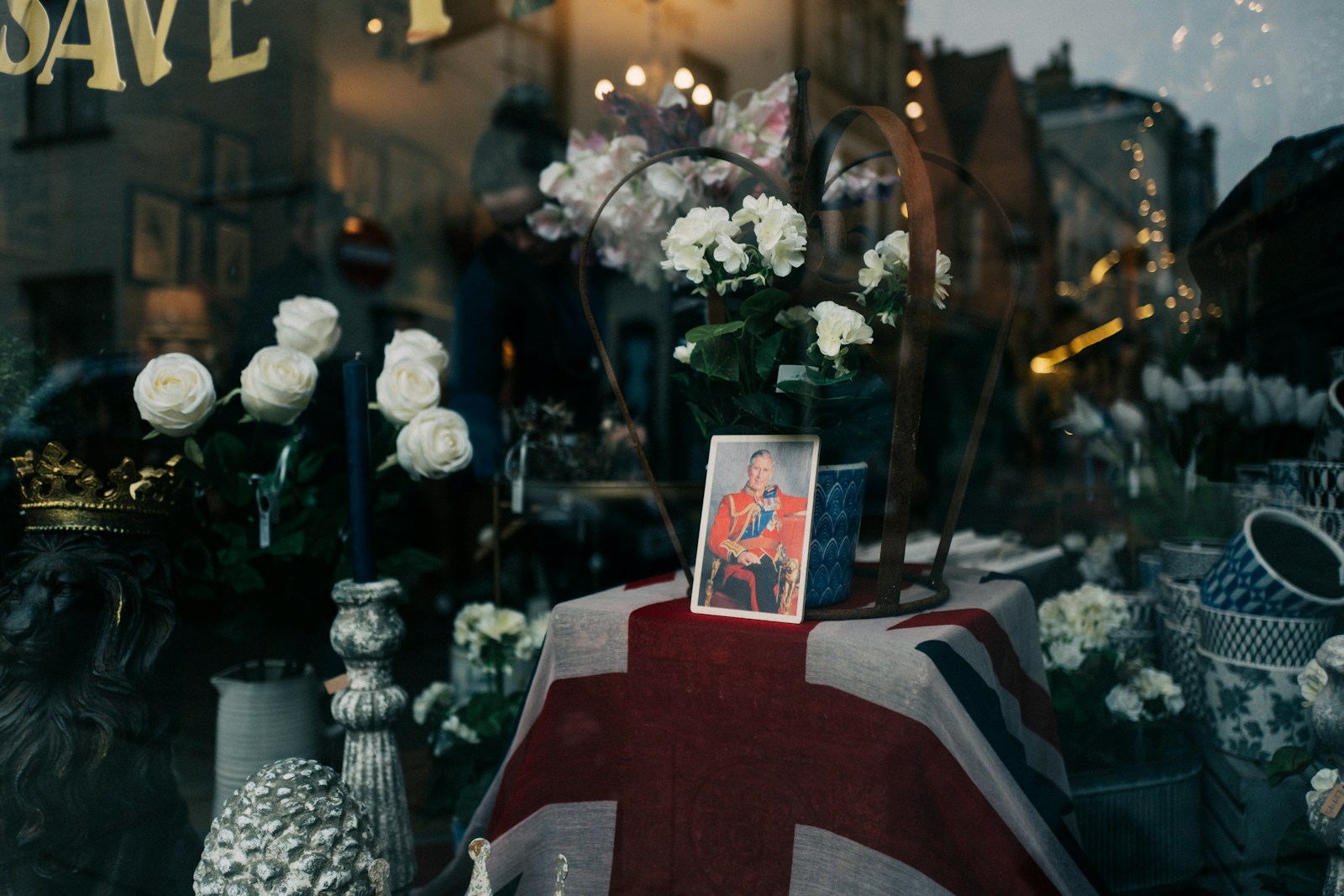THE Prince of Wales defended Peter Ball after the bishop’s arrest in 1993, saying that he had been the victim of “monstrous wrongs”. The Prince also offered him help and financial support.
Extracts from correspondence between Ball and Prince Charles from 1993 to 2012 were read out during the final day of the Independent Inquiry into Child Sex Abuse (IICSA) hearings, on Friday. The letters had been provided by the Prince and the Archbishops’ Council, and reviewed by the Inquiry, to inform the investigation into case.
In a letter sent to Prince Charles in November 1993, Ball wrote: “Life continues to be pretty nasty for me. It seems that my accusers still want to continue their malicious campaign. Luckily, they are beginning to show some of their fraudulent plans.”
He wrote again to the Prince saying that he was still being “harassed” by a young man, now known to be Neil Todd, who was repeatedly abused by Ball during the 1980s and ’90s, and who later took his own life.
In 1997, Prince Charles wrote to Ball: “I can’t bear it that the frightful, terrifying man is on the loose again, doing his worst. . .
“I was visiting the vicar. . . and we were enthusing about you and your brother and he then told me that he heard that this ghastly man was up to his dastardly tricks again. . . I will see-off this horrid man if he tries anything again.”
In his full written statement, a draft of which was leaked to the press last week, Prince Charles says that he had been “unable to shed any light” on the references to the “frightful, terrifying man” because Ball had many critics at that time.
“I do recall that Peter Ball felt that numerous individuals, including critics in the media, were doing all in their power to disadvantage him unfairly. I suspect, but cannot be certain, that the reference is to this issue in some way.”
The final statement, in the form of a letter to the chair of the Inquiry, Professor Jay, was read out by the lead counsel to the Anglican investigation, Fiona Scolding QC, on Friday.
In it, Prince Charles reveals that he invited Ball to preside at the eucharist at his home at Highgrove from 1993 onwards, after Ball had resigned and been cautioned for indecently assaulting Mr Todd.
The Prince’s statement to the Inquiry attempted to put his correspondence with Ball into context. Ball was briefly Bishop of Gloucester (covering the Highgrove Estate, the Prince’s official residence) before his arrest in early 1993. Prince Charles states that the correspondence was “normally instigated and driven” by the Bishop.
Ball had told him of an “indiscretion” which had led to his resignation after his acceptance of police caution in 1993, by which he admitted indecent assault, he says. Prince Charles also claims to have had no knowledge that accepting a caution entails an acceptance of guilt until the second police investigation into the case in 2014, which brought Ball to justice the following year.
The Prince writes: “He emphasised that one individual, who I now understand to be Mr Neil Todd, had made a complaint to the police; that the police had investigated the matter; and the police and the Crown Prosecution Service had decided to take no action.
“This sequence of events seemed to support Mr Ball’s claim that the complaint emanated from a single individual; that the individual bore a grudge against him and was ‘persecuting’ him; that the complaint was false; but that the individual had nonetheless profited from the complaint by selling his stories to the newspapers.”
Prince Charles said that he was minded to trust the bishop on the “presumption” at that time that bishops and others in positions of authority “could be taken at their word”. He now, along with many others, realised that he had been misled — “to my deep regret”.
A lawyer representing six survivors of Ball, Richard Scorer QC, in his opening remarks on Monday criticised the Prince of Wales for not making efforts to check the position of Ball in 1993, after the Bishop accepted a caution. “This extraordinary lack of curiosity looks like wilful blindness. . . He failed in that responsibility and therefore failed the victims.”
In his written statement, Prince Charles also recalls having had a conversation about Ball in 1994 with Lord Carey, then Archbishop of Canterbury. “I remember the Archbishop was supportive of Peter Ball and thought him a good man and priest.

